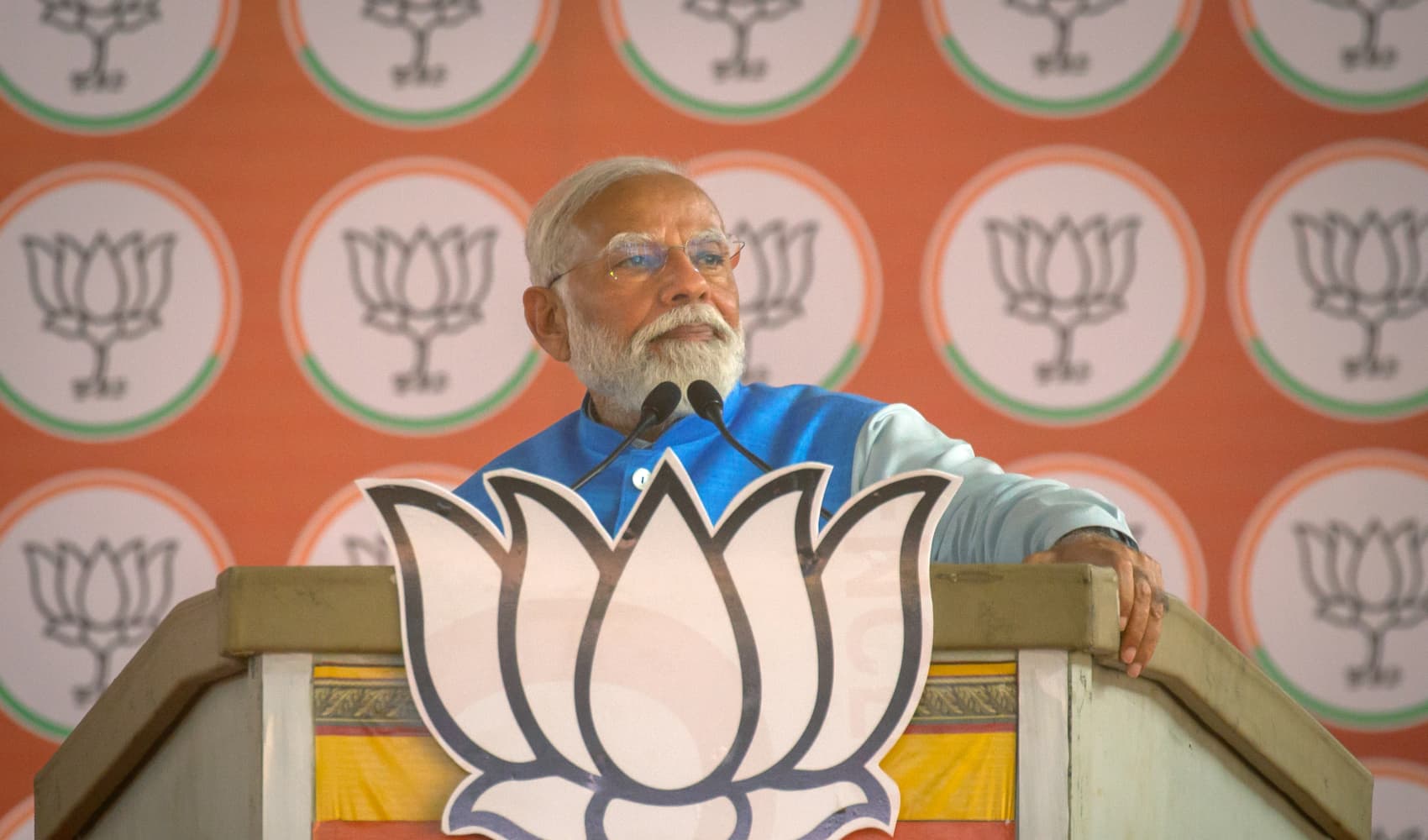
If you're a people-pleaser, you know how hard it can be to win arguments while keeping everyone happy.
That makes Bo Seo's status as a two-time world-champion debater for Australia and Harvard University all the more impressive. Back in the day, his elementary school report cards were defined by a single word: "Agreeable."
Today, Seo is the author of "Good Arguments," a book about how his debate experiences translate to building relationships with people in the real world.
On a recent episode of "The Next Big Idea" — a podcast curated by Malcolm Gladwell, Adam Grant, Susan Cain and Daniel Pink — Seo broke down exactly how you can overcome your people-pleasing tendencies to get your point across and win arguments in just three steps.
We're making it easier for you to find stories that matter with our new newsletter — The 4Front. Sign up here and get news that is important for you to your inbox.
Here's what he recommended.
Identify the problem
People-pleasing isn't inherently bad. But when you're too focused on pleasing others, you start neglecting your own feelings and point of view, Seo said.
Money Report
Seo said he first noticed his people-pleasing tendencies when he moved from South Korea to Australia. He was unable to speak English at the time, and was one of the area's few Asian kids.
The combination of factors made him "resolve to be very agreeable," he said.
That changed when his fifth-grade teacher introduced him to debate — which, to him, was a promise of zero interruptions while speaking. Not everyone experiences such a fateful intervention, Seo added.
His key to advocating for yourself starts with acknowledging how people-pleasing might be harming you. Notice how your agreeability makes you feel. Do you feel yourself holding back your true opinion? Are you intentionally avoiding conflict?
If so, your people-pleasing traits could be burying your own point of view — which is when you might want to make a change.
"How did it feel to be that agreeable person? I experienced it as a kind of self betrayal," Seo said. "You find yourself holding your tongue, and that alienates you from yourself."
Rethink what it means to argue
Plenty of people assume that argumentation is "an essentially destructive activity," where you solely focus on finding holes in someone's reasoning and dragging them down.
But that's a misconception, Seo said: In competitive debates, judges often look for reasons to vote for someone, rather than against them.
That's an especially useful reframing for people-pleasers: You're simply articulating your own point of view, not disagreeing with someone else.
A "good argument" is one in which "both sides walk away feeling like they would do that again," Seo said.
Craft a thoughtful argument
The idea of presenting a clear, straightforward point of view without accidentally offending the other person can be daunting.
Seo's first suggestion: Describe your thought process. If the other person can see where your arguments are coming from, they're more likely to understand and eventually agree with you, he says.
It'll also help you hit Seo's four "primary W's": What is the argument you're trying to make? Why is it true? When has it happened before? Who cares?
Second, try to understand the other person's thought process, too.
For people-pleasers who are constantly attuned to the needs of others, this might actually be easy. It's important, too: Part of convincing others is anticipating the questions they'll ask or arguments they'll pose, and having effective responses.
"The big step is recognizing an argument is not just an expression of what you think," he explained. "There's a craft to it, and that craft involves, in the end, being responsive to the questions the other side is likely to have for you."
Want to earn more and work less? Register for the free CNBC Make It: Your Money virtual event on Dec. 13 at 12 p.m. ET to learn from money masters how you can increase your earning power.
Sign up now: Get smarter about your money and career with our weekly newsletter






